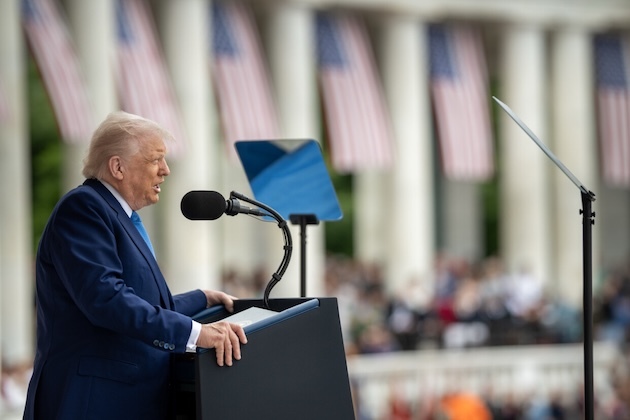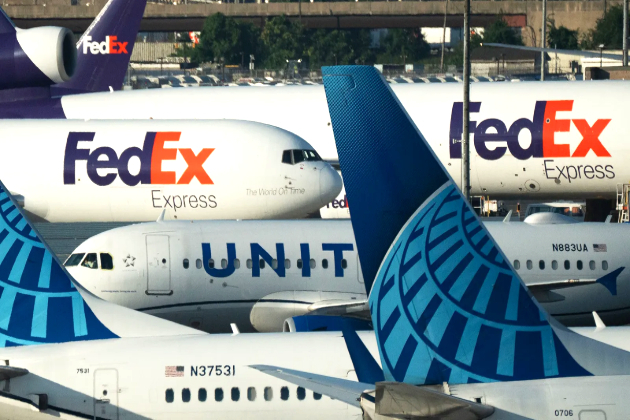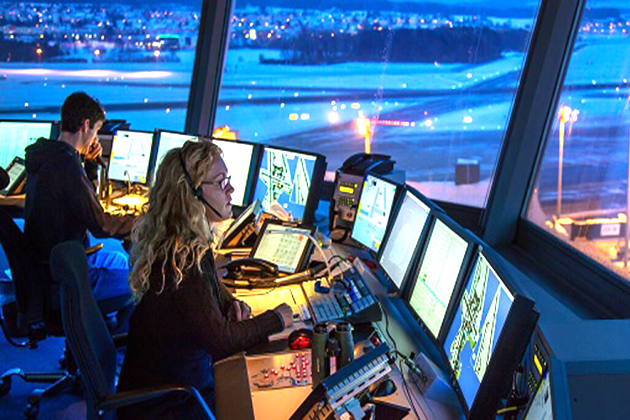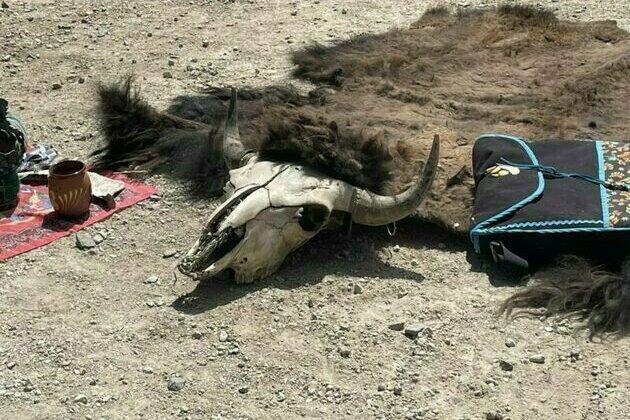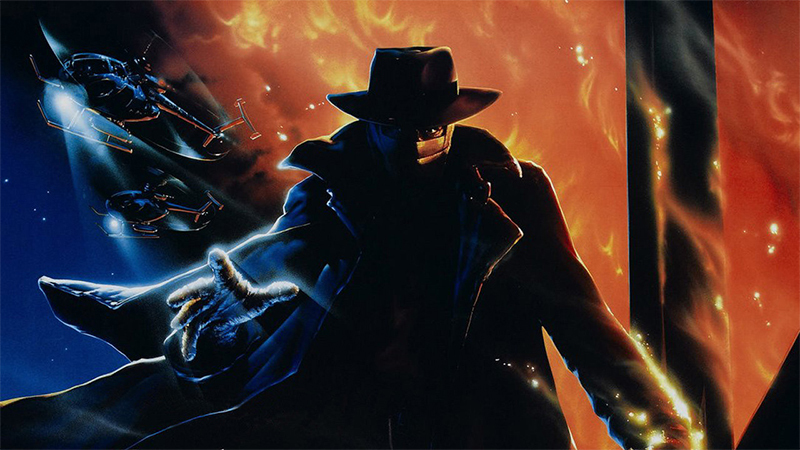Indigenous Khoisan seek more recognition
News24
26 Sep 2020, 13:10 GMT+10
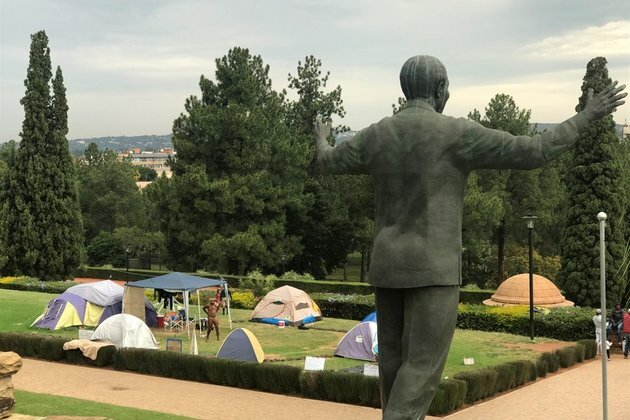
A giant bronze statue of Nelson Mandela overlooks a big black tarpaulin tent that has become a fixture on the emerald lawns of the president's office in Pretoria.
The tent houses campaigners from the Khoisan indigenous people - South Africa's first inhabitants, whose presence in the country has been dated by archaeologists to thousands of years.
For the past two years, the activists have been camping outside the seat of government, demanding the official recognition of their languages and to negotiate land ownership.
They also want the word "coloured" - the mixed-race tag they have been carrying since apartheid and which is still largely used in official documents - to be abolished.
The group came here in 2018, walking 1 000 kilometres, in a bid to secure an audience with the authorities.
"We will wait here until we have what we came for," said one of their leaders, who calls himself King Khoisan South Africa.
The Union Buildings is an imposing 110-year-old structure that has housed colonial, apartheid and democratic leaders including Mandela and now President Cyril Ramaphosa.
White perspex placards in front of the tent bear various messages.
One has inscriptions in Afrikaans saying Ramaphosa doesn't give a damn - "We have been here for more than one year and what does he do? Nothing!"
Last year, Ramaphosa signed into law the Traditional and Khoi-San Leadership Act, which grants more autonomy to the Khoisan community.
But some of the Khoisan remain unsatisfied and see the law as the starting point for a constitutional and cultural struggle.
But how many Khoisan there are, in a population of 59 million, is unclear - and their identity is also a subject of debate.
"We talk about Khoi herders and San hunter-gatherers, but archaeologically it's hard to tell them apart," explained Tammy Reynard, curator of the Origins Centre at the University of the Witwatersrand.
Language and land
As South Africa marks Heritage Month in September while trying to recover from a coronavirus pandemic lockdown, communities such as the Khoisan have been reflecting and questioning their fractured identity.
The Khoisan have been referred to in the past as "Bushmen" - and when the Dutch settlers landed in South Africa in the 17th century, they called them Hottentots, a word derived from the famous clicks in their languages.
In one of the grimmest episodes of colonial times, a Khoisan named Sarah Baartman was taken to Europe in the early 19th century by a British doctor and paraded as an anatomical freak - the "Hottentot Venus," who people could see and touch for a fee.
Abused and sick, she died in poverty, and her remains were displayed in a Paris museum. They were returned to South Africa in 2002 and buried with honour in the Eastern Cape. Her tale is described in , a 2010 French film directed by Abdellatif Kechiche.
"Classified coloureds want to know who they are - they are coming together like it never happened before," said Anthony Philip Williams, founder of Indigenous First Nation Advocacy SA.
The virus "lockdown put a magnifying glass on the inequality that we have inherited," said Denver Toroga, a Khoisan language activist and poet.
"But I think it also helped us go beyond the need to acquire wealth and seek a different type of cultural wealth."
One of the Khoisan languages, which is written as "N|uu", is listed by Unesco as facing extinction, with just three fluent speakers remaining.
In a speech marking the country's Heritage Day on Thursday, Ramaphosa said the nation "is steadfastly protecting" that and other indigenous languages.
For many campaigners, land is the key.
The much-publicised issue of handing back farmland taken during white rule must include restitution for the Khoisan as well as for black communities, said King Khoisan.
"You cannot talk about identity outside of land," said Williams.
"We must engage government for what is called a negotiated settlement," he said.
"A part of that settlement must be the land that we access, that we can live on, where we can produce and use it for cultural purposes, for access to the resources. The resources of this land belong to our forefathers."
 Share
Share
 Tweet
Tweet
 Share
Share
 Flip
Flip
 Email
Email
Watch latest videos
Subscribe and Follow
Get a daily dose of Denver Sun news through our daily email, its complimentary and keeps you fully up to date with world and business news as well.
News RELEASES
Publish news of your business, community or sports group, personnel appointments, major event and more by submitting a news release to Denver Sun.
More InformationInternational
SectionGod responsible for his presidency, claims Trump
WASHINGTON, DC - U.S. President Donald Trump on Monday said he believed God was behind his election loss in 2020, even though he has...
Passenger traffic plummets at Newark Airport amid travel disruptions
NEW YORK CITY, New York: Passenger numbers at Newark Liberty International Airport in New Jersey have dropped sharply, according to...
EU probes Visa, Mastercard fees amid antitrust scrutiny
BRUSSELS, Belgium: European Union antitrust regulators are examining fees imposed by payment giants Visa and Mastercard, Bloomberg...
US Army to list only birth sex in transgender soldiers' records
WASHINGTON, D.C.: The U.S. Army plans to change the records of transgender soldiers to list only their sex at birth, according to a...
US FAA orders flight reductions at Newark Airport to ease congestion
WASHINGTON, D.C.: The Federal Aviation Administration (FAA) said this week that it will require airlines to reduce the number of flights...
Nine children from 1 family die as Israel Air force pilots hit 100 targets in Gaza
GAZA - The home of a doctor working in the emergency room at the Nasser Medical Complex in southern Gaza was struck by Israel Air...
Colorado
SectionGod responsible for his presidency, claims Trump
WASHINGTON, DC - U.S. President Donald Trump on Monday said he believed God was behind his election loss in 2020, even though he has...
Ford sues California law firms over alleged Lemon Law fee fraud
DEARBORN, Michigan: Ford Motor Company has filed a lawsuit against several California lawyers and law firms, accusing them of cheating...
US Army to list only birth sex in transgender soldiers' records
WASHINGTON, D.C.: The U.S. Army plans to change the records of transgender soldiers to list only their sex at birth, according to a...
Colorado vows to protect wild bison by declaring them a huntable game species
GOLDEN, Colo. (CN) - For the first time in state history, it is finally illegal to indiscriminately kill wild bison in Colorado. ...
Inbox: Now comes the next step, for everyone
Spots are open. Whos ready to battle for em? Wes Hodkiewicz Jeff from Janesville, WI Almost time for OTAs. Almost. Paul from...
Morning Purdy Shares Contract Extension Reaction 🗞
Good Morning, Faithful, Here are your top 49ers storylines for Wednesday, May 21st: New and Notable 49ers Finalize 2025 Preseason...

